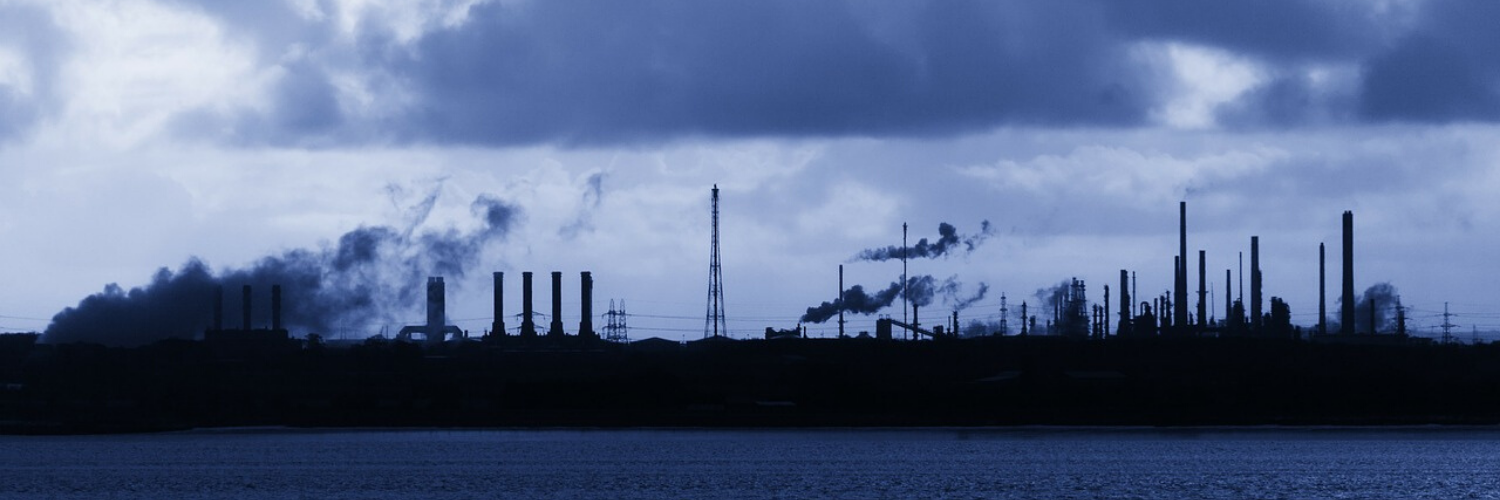Written by: Kimberly White
Air pollution from burning fossil fuels is costing the world approximately $2.9 trillion each year, according to new research. Greenpeace Southeast Asia and the Centre for Research on Energy and Clean Air (CREA) quantified the global cost of air pollution stemming from fossil fuels in a new study.
Air pollution impacts millions around the world. According to the UN Human Rights Council, 800 people die every hour due to cancer, respiratory illnesses, or heart disease directly caused by breathing polluted air. Greenpeace and CREA’s research found that health impacts from air pollution “generate economic costs from the cost of treatment, management of health conditions, and from work absences.”
Particulate matter 2.5, or PM2.5, air pollution had the greatest financial cost of the pollutants studied. PM2.5 air pollution causes nearly two billion work absences each year.
Globally, air pollution generated by fossil fuels is linked to more than four million premature deaths annually. The report estimates that forty thousand children die prior to their fifth birthday because of exposure to PM2.5 air pollution.
“Air pollution is a threat to our health and our economies. Every year, air pollution from fossil fuels takes millions of lives, increases our risk of stroke, lung cancer, and asthma, and costs us trillions of dollars,” said Minwoo Son, clean air campaigner at Greenpeace East Asia.
The report shows that China, the United States, and India experience the largest economic losses from fossil fuel air pollution, ranging from $150 billion to $900 billion.
“This is a problem that we know how to solve by transitioning to renewable energy sources, phasing out diesel and petrol cars, and building public transport. We need to take into account the real cost of fossil fuels, not just for our rapidly heating planet, but also for our health,” continued Son.
Transitioning away from fossil fuel-based vehicles and enhancing public transport opportunities will be necessary not only to achieve safer air but also will be a critical step in fighting the climate crisis.
According to the report, more than fifteen countries have announced plans to phase out new petrol and diesel cars.
Norway has one of the most ambitious goals, aiming to eliminate the sale of new petrol and diesel cars by 2025.
The UK government recently announced plans to phase out new petrol, diesel, and hybrid cars by 2035. The sale of new petrol and diesel cars and vans will be banned following 2035, however, used petrol or diesel cars will still be available to drive and purchase. The UK government initially set the deadline for 2040 but experts warned that the deadline would not allow the UK to achieve its goal of net zero emissions by 2050.
“Governments must halt the construction of new coal-fired power plants and retire existing plants, invest in public transport systems, and transition to renewable energy as quickly as possible. Around the world people are demanding clean air, and governments must take action,” said Bondan Andriyanu, climate and energy campaigner at Greenpeace Indonesia.







